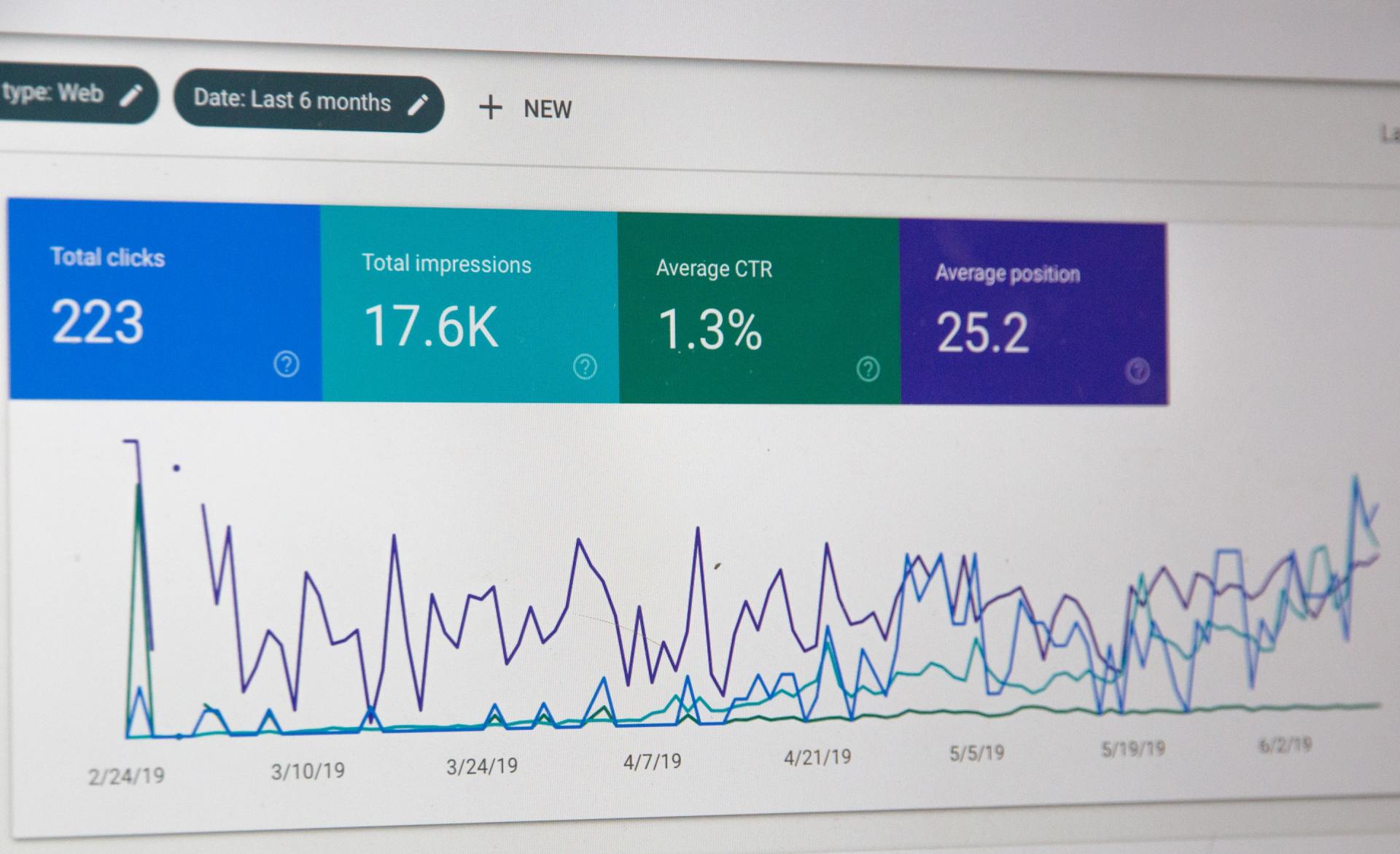4 Things You Need to Know About How Search Engines Work
Bassem Ghali
4 Things You Need to Know About How Search Engines Work
#1 – What is a search engine?
Search engines are answer providers. When you enter a query into a search box, search engines provide information by looking through billions of pages that have been stored on its servers. A search engine’s goal is to provide the most relevant and popular information for each query. Results are ranked by the popularity and quality of the website as well as how useful and relevant they are for the user’s query.
In this article, our focus will be on the Google search engine. According to Statista.com (an online statistics portal), Google is the most widely used online search engine worldwide with 1.17 Billion people using Google search while competitors such as Yahoo! and Microsoft fall short with less than 300 million.
#2 – How do search engines collect and store information on their servers?
With spiders!
To organize and find web pages online, search engines use automated robots called spiders. Spiders collect and build lists of words on websites to reach millions of websites on the web. The process of a spider building lists is called web crawling. When spiders are building lists of websites, they follow links on pages just like how you would if you were browsing content online.
The spider move from link to link, collect data, and bring the information they found back to Google’s servers.
Once the information is gathered during web crawling, Google creates an index so that the most relevant and popular information can be found for each search query. Just like the index in the back of a book, the Google index stores information about each website’s words, location and information.
Indexing stores information in a useful way so that Google knows where to find which most appropriate pages for each search result.
Everyday, Google will index hundreds of millions of pages and answers tens of millions of questions.
#3 – What do search engines look for on web pages?
If search engines only stored individual words and URLs, this would be ineffective because there would no way of telling:
- whether the word was used in an important way on the page
- whether the word was used once or many times
- whether the page contained links to other pages containing the word
Without more detailed information, search engines would not know which pages were most useful and most relevant for user queries. In order to create useful results, in addition to words and URLs, Google looks for the following information on web pages:
- The words within the page – on page information.
- Where the words were located on the page.
- Keywords
- Number of times that a word appears on a page.
- Assign weight to each entry, with increasing values assigned to words that appear near the top of the document, in subheadings, in links, in the meta tags or in the title of the page
#4 – How do search engines determine what is relevant?
In order for search engines generate relevant results, they rely on more than just the right words. Today, many factors influence how relevant a website is for search engines. Search engines operate with the assumption that the more popular a site, page or document, the more value it provides users. This assumption has been critical for providing high quality search results.
Popularity and relevance are not determined manually. Google uses mathematical algorithms to determine what sites are relevant and how to rank them by popularity. These algorithms contain many factors that are known as ranking factors.
SEO Tips

Don’t miss this advanced SEO training, tactics and tools, prepared by Green Lotus Founder Bassem Ghali! It’s never easy to preform keyword research and understand all the relevant metrics. During this webinar you will learn the 3 steps and tools to help select the most effective keywords for your products, services, and website content.









